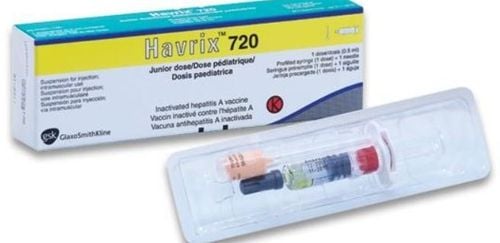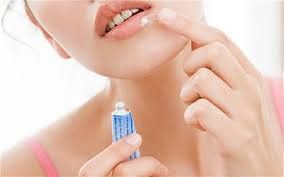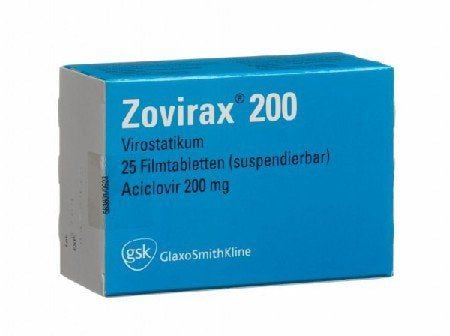This is an automatically translated article.
This article was professionally consulted with Specialist Doctor I Truong Nghia Binh - Obstetrician - Gynecology Department - Vinmec Da Nang International General Hospital.Sexually transmitted diseases are diseases caused by parasites, bacteria, or viruses. The disease is spread from person to person through direct contact with blood, semen, vaginal fluids, or other body fluids. The disease can also be transmitted from mother to child, through blood transfusion, sharing needles and syringes. Therefore, the diagnostic test is a necessary job, especially those in the age of strong sex.
1. Sexually transmitted diseases
Gonorrhea: If not treated early, it can cause severe infection and infertility in both women and men. In men, symptoms usually begin 2 to 5 days after having sex with an infected person. In women, signs often don't appear for weeks or even months.Syphilis: A very dangerous sexually transmitted disease, caused by bacteria, capable of spreading very quickly, if not detected and treated promptly, the disease will cause complications in the heart and aorta. , brain, eyes, and bones, and can be fatal. The signs and symptoms of the disease are difficult to distinguish from other diseases.
Genital herpes : An STI caused by a virus, it persists for life in the body, and can be passed from mother to child during birth. It produces sores on the genitals, in the mouth, lymph nodes, and painful groin.
Genital warts are common in men and women, the disease is highly contagious and very difficult to treat thoroughly.
Hepatitis B: A disease caused by a virus that damages the liver. The disease is spread through blood, vaginal fluids, and semen of an infected person. In particular, the disease spreads easily between people through sexual contact.
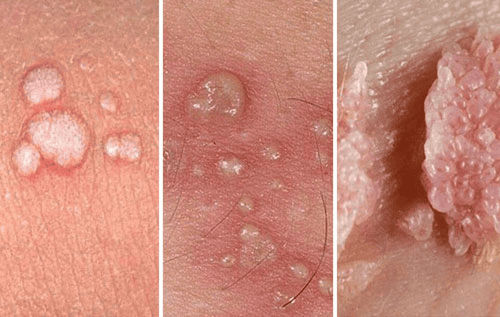
2. Signs you should immediately think of sexually transmitted diseases
2.1. General signs Ulcers or blisters near genitals, mouth Painful or burning urine Swollen groin glands Fever, chills, swollen throat, fever, skin rash, pain and swelling of joints Bleeding or unusual discharge in the genitals The patient feels fatigue, loss of appetite, yellowing of the skin, eyes, pain in the upper right abdomen and abdomen The above signs and symptoms may appear several days after taking the drug. contact, it can also take years before you see any noticeable signs.2.2. Signs and symptoms in women Lower abdominal pain Bleeding outside of menstrual period Burning or itching around the vulva Pain during intercourse Heavy white discharge, cloudy color and bad odor 2.3. Signs and symptoms of infection in men Men have a drop of pus on the tip of the penis every morning when they wake up (gonorrhea) in addition to the general symptoms mentioned above.
3. When should STDs/STIs screening be done?
Have vaginal, anal or oral intercourse, do not use a condom during sex. Sharing needles to inject drugs, having sex with people who share needles. Feeling exposed to or showing signs of an STI.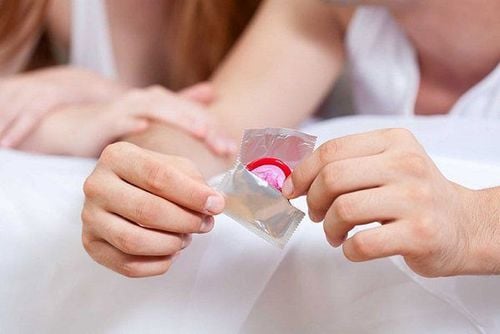
4. Pathways of disease transmission
Having sex with someone who has an STI. From an infected mother to her baby during pregnancy, childbirth or breastfeeding. Blood transfusion is not safe. Spread through everyday life: Sharing razors, syringes, and needles.5. How to prevent and treat sexually transmitted diseases?
When detecting signs of the disease, you must stop having sex for medical examination and treatment. Maintain a monogamous lifestyle, limit having many sex partners Get vaccinated against some STIs Use condoms correctly when having sex with someone you don't know has the disease Do not drink alcohol, drug use Follow your doctor's instructions Avoid sharing potentially infectious items such as razors, syringes and needles Get the HPV vaccine as recommended by your doctor The vaccine manufacturer is indicated for women between the ages of 9 and 26 years (for Gardasil) or 10-25 years of age (for Cevarrix), regardless of whether they have been sexually active and should be vaccinated. cervical cancer vaccine as soon as possible. The vaccine is usually effective for a long time, and there is no recommendation for a booster shot. The package of Examination and Screening for Social Diseases of Vinmec International General Hospital helps customers to screen for social diseases in order to detect diseases early for effective treatment and avoid complications.Please dial HOTLINE for more information or register for an appointment HERE. Download MyVinmec app to make appointments faster and to manage your bookings easily.





